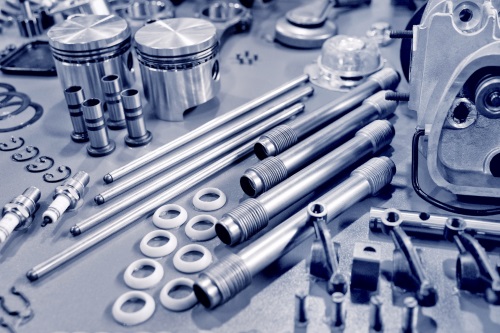
Precision Engineering is the sub discipline of electrical, electronics, optical and software engineering. This deals with the designs of any types of machines, fixtures or any structures that speak of low tolerance. This engineering applies to NEMS, MEMS, optoelectronics designing and machine tools. This principle you find that even the nano-meter scales motions can be predicted.

The principles of precision engineering
The fundamental principle of precision engineering is determinism. The main idea of this system is to make sure that the machine tools can obey the causes and that there is nothing random about their behavior.
The Goals of Precision Engineering
Precision Engineering can reduce the running and the initial cost and also expand the overall span. This helps in reducing dispersion of products besides creating highly precise movement. With precision engineering you can promote the assembly and eliminate fitting, especially automatic assembly. It improves the interchangeability of the components due to which the corresponding parts can be used. This can reduce rework as it improves the capabilities of the machine to a higher accuracy and also improves the quality control. This can avoid conventional inspection. With the precision engineering this you are able to achieve aware of the components on the greater side and create independent functions. You also tend to achieve an advance in technology along with packing densities that are on a higher side. You will find that this precision engineering is used most by machine-based industries. Critical human errors are avoided in any process of production which can lead to commercial losses.
Benefits of Precision Engineering
Here are few benefits of Precision Engineering
- Can eliminate human error: Normally we find that the overall manufacturing costs goes higher due to human error. With precision engineering you are able to save on the losses caused due to this. With the integration of machines which are controlled by advanced computer numerically you are able to get accurate components.
- The production is quicker: Machines controlled by humans seem to work slower as compared to the ones controlled by computers and technology. These can definitely increase the overall production, reducing the turnaround time and boost efficiency. Companies can think of more sophisticated products.
- Take the CNC components into view: There are also projects which require smaller or intricate components, and this is not possible on the conventional machines. Using this method you are able to take over these projects and build the tiniest parts to precision.
- Saving on energy: The organizations like nuclear power plants, aerospace, gas or oil companies that are involved in explorations undersea have to incur a lot of expenses in energy more so for the manufacture of components of the big turned type. This precision engineering has been able to reduce the costs to a big extent and this in turn has worked out as a huge saving for the corporations and the government. To add to this, it has been able to increase the performance with a turnaround time which is really fast.
- Less of wastage: There are some processes that would otherwise involve using materials that are really expensive to produce parts of good quality. During such processes wastage cannot be avoided. But with precision energy you find that there is no wastage of material.
- Assembling is easy: It is a known fact that manual assembly can take a lot of time, probably even days. This machining process makes automatic assembling possible. Due to which the efficiency and accuracy works better as compared to manual machines. This proves that precision machining does improve production and is easy with the advanced technology.
This blog help you to get all the necessary details about Precision Engineering. Get in touch with us to get more information about marand precision engineering.
